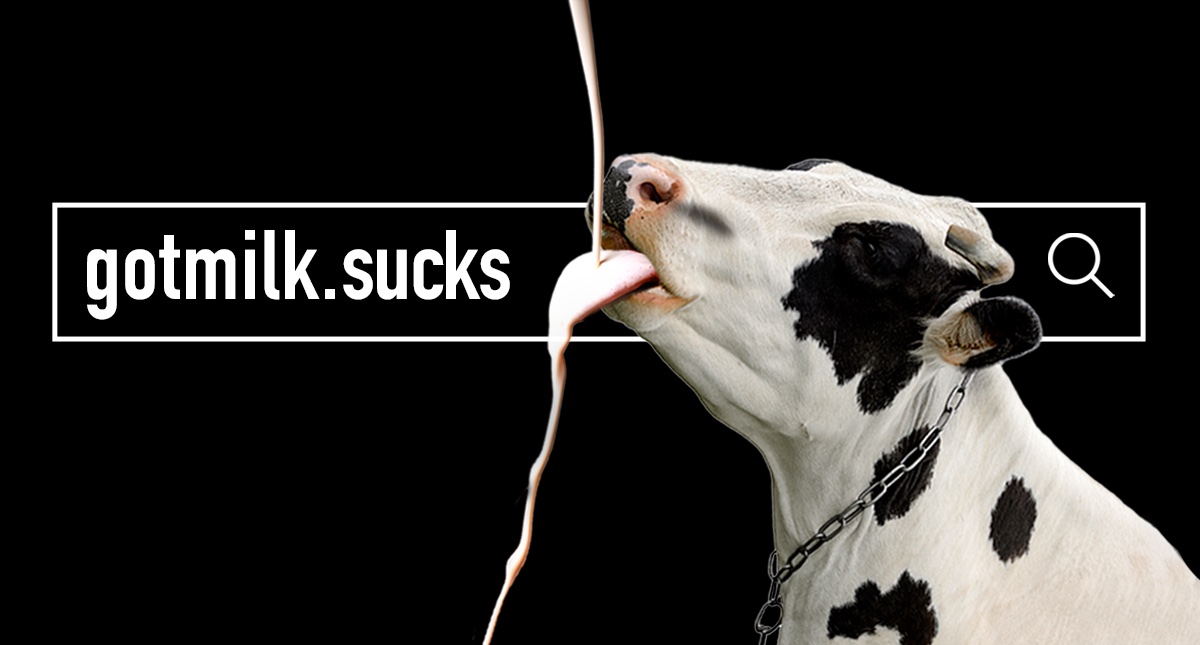In an era where consumer voices are louder and more influential than ever, taking a stand against the practices of big pharmaceutical companies has become a rallying cry for those seeking change. Beyond just boycotting products, consumers are discovering a myriad of ways to hold Big Pharma accountable and demand transparency, ethical conduct, and affordable healthcare options. In this article, we’ll explore the power of consumer activism and delve into strategies that go beyond simple boycotts to challenge the status quo in the pharmaceutical industry.

Boycotts as a Starting Point
Boycotts have historically been an effective tool for raising awareness and instigating change. Consumers, armed with social media and digital platforms, have the ability to mobilize and hit Big Pharma where it hurts – their bottom line. When consumers refuse to purchase products or support companies with questionable ethics, it sends a strong message that forces these corporations to reevaluate their practices. However, boycotting is just the tip of the iceberg. It’s a powerful catalyst, but consumers can make an even more substantial impact by diversifying their efforts. This is where platforms like .sucks come in, giving a voice to the consumer with the potential of reaching a global audience.

1. Demand Transparency:
One of the fundamental aspects of challenging Big Pharma is pushing for transparency. Consumers can use their collective voice to demand that pharmaceutical companies disclose information about drug pricing, research and development costs, and lobbying expenditures. By advocating for greater transparency, consumers can expose any unethical practices and ensure that patients have access to critical information that affects their health and financial well-being.
2. Support Legislative Efforts:
While individual actions can make a difference, systemic change often requires legislative action. Consumers can join forces with advocacy groups that focus on healthcare reform and lobby for policies that promote affordability, accessibility, and patient rights. Whether it’s supporting bills that enable drug price negotiation or advocating for increased generic drug availability, consumers can leverage their numbers to influence lawmakers and create lasting change. We’re seeing this play out in real time with President Biden’s Inflation Reduction Act, which is enabling Medicare to negotiate directly with drug companies, lowering costs on some of the most expensive prescription drugs across the board.
3. Invest in Ethical Alternatives:
Choosing where to spend your money can be a powerful form of activism. Instead of merely boycotting certain pharmaceutical products, consumers can actively seek out and support ethical alternatives. This might involve investing in companies that prioritize sustainable practices, prioritize patient well-being, and offer more affordable medication options. By voting with their wallets, consumers can incentivize positive change within the industry.
4. Utilize Online Platforms:
In the digital age, social media platforms, online petitions, and consumer review websites offer powerful tools for amplifying consumer voices, in a world where social shaming has an immeasurable impact. By sharing personal experiences, stories of hardship due to high drug costs, and instances of unethical behaviour, consumers can galvanize public opinion and force pharmaceutical companies to address their concerns. For example, bigpharma.sucks could be utilized as a hub for consumers to rally together for change, with petitions, a community forum, and reviews of the worst drug company offenders.
5. Advocate for Research and Development Transparency:
Consumers can advocate for pharmaceutical companies to be more transparent about their research and development processes. By demanding access to information about clinical trials, testing methodologies, and drug effectiveness, consumers can ensure that medications are rigorously tested and that claims made by pharmaceutical companies are substantiated.

Boycotts and Beyond
Boycotts are undoubtedly an impactful way for consumers to challenge Big Pharma, but their activism doesn’t have to stop there. By demanding transparency, supporting legislative efforts, investing in ethical alternatives, utilizing online platforms, and advocating for research and development transparency, consumers can create a multifaceted approach to address the practices of pharmaceutical giants. It’s time for consumers to harness their collective power and make a lasting impact on an industry that affects the health and well-being of millions. Through a combination of strategic actions, consumers can go beyond boycotts and lead the charge for meaningful change in the world of Big Pharma. At the .sucks registry, we’re providing a platform for consumers to do just that. Whether it’s thedrugindustry.sucks or americanhealthcare.sucks, taking a stand has never been easier.
















